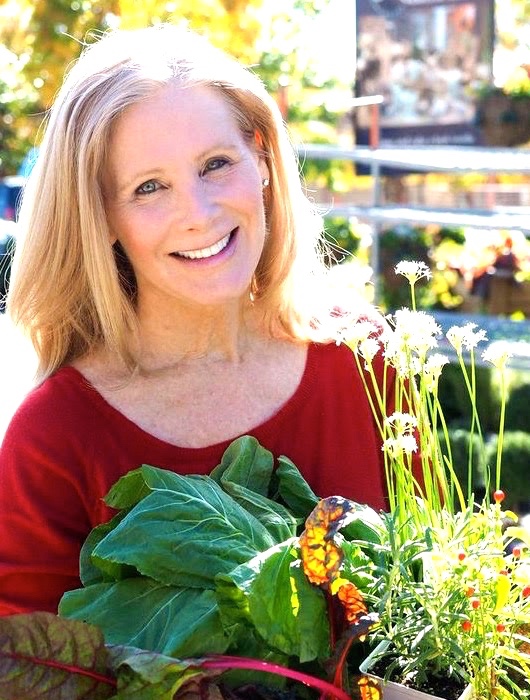Fall is here and winter is just around the corner. At this time of year, we tend to spend much more time indoors. We aren’t outside as much and around the gardens or plants in our yard or park. Having plants, going for a walk in the park, or even looking at a landscape poster can produce psychological benefits that include reduction of stress, and improving concentration.
In a research study by Rutgers University, Jeannette Haviland-Jones, Ph.D., Professor of Psychology decided to explore the power of plants and flowers on our health and well being. She said that “What’s most exciting about this study is that it challenges established scientific beliefs about how people can manage their day-to-day moods in a healthy and natural way,”
In this study, a “team of researchers explored the link between flowers and life satisfaction in a 10-month study of participants’ behavioral and emotional responses to receiving flowers. The results show that flowers are a natural and healthful moderator of moods.
- Flowers have an immediate impact on happiness. All study participants expressed “true” or “excited” smiles upon receiving flowers, demonstrating extraordinary delight and gratitude. This reaction was universal, occurring in all age groups.
- Flowers have a long-term positive effect on moods. Specifically, study participants reported feeling less depressed, anxious and agitated after receiving flowers, and demonstrated a higher sense of enjoyment and life satisfaction.
- Flowers make intimate connections. The presence of flowers led to increased contact with family and friends.
“Common sense tells us that flowers make us happy,” said Dr. Haviland-Jones. “Now, science shows that not only do flowers make us happier than we know, they have strong positive effects on our emotional well being.” (1)
Flowers and plants lift the spirit and clean the air. So, my suggestion to everyone would be to surround yourself and your loved ones with fresh flowers and/or plants. Plants add vibrancy and fresh air, and change the feeling of a room.
Not just the Rutger’s study, but there are many studies I’ve read over years ago that said adding a vase of fresh flowers or a plant to a room made people’s attitudes happier and more positive. I add flowers and plants to my space and to the spaces of those I love, whenever I can.
When a loved one is in a nursing home, hospital, or small place where they can’t get out much, it’s an easy thing to add a plant or vase of flowers to the room.
Plants increase humidity, reducing some of the drying effects of indoor heaters and air systems.
Take a small cutting from the garden of mint or ivy and put it in water, and—presto!—you have a plant that will create a new feeling to the room.
Clas Bergvall, an ethnologist at Umeå University in Sweden, wanted to know what plants did for people emotionally—so he dedicated his doctoral dissertation to the subject. What his research found was that:
- Research suggests that indoor plants reduce symptoms of fatigue, headache, cough and dry skin.
- Studies show that plant filled rooms contain up to 60 percent fewer airborne molds and bacteria than rooms without plants.
- The following plants are best at decontaminating air and balancing humidity: Areca, Reed and Dwarf date palms; Boston ferns, English ivy and Peace Lilies. (2)
When my former husband (an environmental trial lawyer) was conducting environmental impact studies on air quality, I learned that plants are masters at cleaning certain toxins from the air.
Ficus plants are great at cleaning formaldehyde out of the air. Low-light plants like the ivy plants are great to use in general. Many low-light plants that have shallower root systems are the easiest and most beneficial for removing toxins from indoor air.
Plants remind us of life, beauty, spirituality and make us more introspective. By incorporating plants and flowers into our natural environment, they can bring calm to our chaotic lives.





